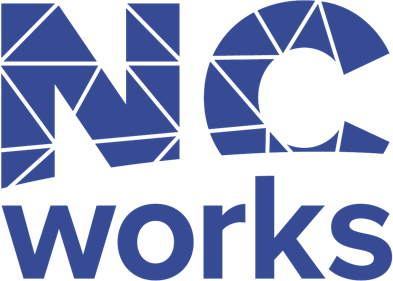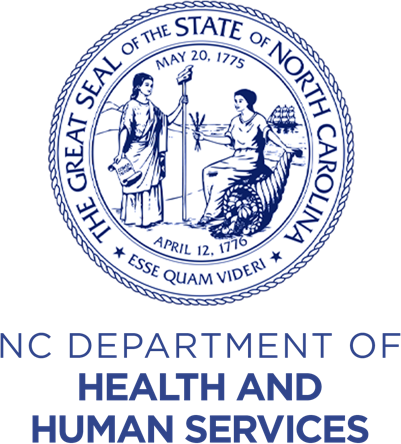Reference Tips for First Time Job Seekers
Having a good list of references is an important part of landing that first job. Your resume, cover letter, and interview say a lot about your character and accomplishments, but that is you talking about yourself. A reference is a hiring manager’s opportunity to confirm with someone else that you are as good in person as you look on paper and perform in an interview. For job seekers with little or no work experience, finding and asking the right person to be your reference can be tough. Who should you ask? Here are some tips to help you.
Who Do I Ask for a Reference when I have no work experience?
As you move into the world of work, reference lists primarily consist of individuals you have worked with and for who can attest to your work-related skills and character. As a first-time job seeker, your reference list will mostly include people who can attest to your character and how they feel you would do as an employee.
Here are some helpful qualities of a great professional reference:
- Authority – someone of stature, accomplishment, seniority, or with a well-known reputation in your community. Their reputation will reflect on you.
- Experience – someone who works in the same industry or occupation you’re applying for is more meaningful.
- History – a relationship measured in years is better than one measured in weeks.
- Knowledge – someone with deep knowledge of you and your diverse qualifications is better than someone who only knows little about you personally or professionally.
- Context – someone with knowledge of how you might perform on the job is better than someone who just knows you personally.
- Enthusiasm –someone who is excited to talk to about you and will give a glowing recommendation is better than someone who will give short or lukewarm responses to a reference checker.
- Honesty – a reference that contradicts your application or appears to be stretching the truth about your qualification can work against you
Here are some potential personal reference categories:
- People you have done odd jobs for – You may not have held a formal job but you may have mowed a neighbor’s lawn, babysat or other types of odd jobs from time to time. The individuals who hired you to do these jobs make great references. They can speak specifically to your performance.
- Teachers/Professors – If you’re a student in college or high school, getting a reference from a teacher or professor is a great idea. Identify a teacher that you have a good relationship with and who can attest to your character and skills.
- Volunteer Supervisors – If you regularly volunteer your time, the people you work with in that capacity are great references. While you are not paid for your work, a potential employer would appreciate hearing how you do in that setting.
- Coaches/Organization Leaders/Club Advisors – If you are a part of a sports team, a service organization, an academic club, or another type of extracurricular activity the adults who help lead that group could be good references. They know your work ethic and could speak to it.
- Neighbors/Family Friends - Neighbors or family friends can be great references particularly if you have known them for a while. They can speak directly to your character.
It is a good idea to have references from different categories listed above. If a potential employer asks for three references, don’t give them the names of three teachers or three family friends, give them a teacher, a volunteer supervisor and someone who you babysit their children. If you provide them three teachers, the employer only learns about you in a school setting and they want to learn about you in different settings to make an informed decision about how you would perform on the job.
The important thing to remember is that whoever you choose, be sure that they know you well and you are confident they will give a positive reference.
How Do I Ask For a Reference?
Make sure that you ask for permission to use someone as a reference before you give it to a potential employer. Don’t be shy to ask, here are some tips:
- Ask your preferred contacts to be a reference before you list them on an application. In person or by phone is preferable so they can ask you questions. Asking via email or text can be acceptable depending on your relationship but...
- …If they agree, send them the details regarding the job as well as your resume so that they are familiar and can tailor their comments to needs and requirements of the position.
- Remember, you are asking for a favor, they can say no. Be polite and friendly and be sure to ask rather than demand.
- If the reference seems hesitant or unwilling, thank them and find someone else. You want all your references to be positive. A hesitant individual may not be the best person to speak to a potential employer on your behalf.
- If you think a prospective employer will call your reference, try to let them know in advance. This way they can be prepared to speak and are also on the lookout for a phone call or email.
- As they agreed, ask how they would like to be contacted and compile their full name, job title, preferred method of contact and their relationship to you.
- Be sure to keep your references updated on how your job search progresses and send a personalized note to thank them afterward.


